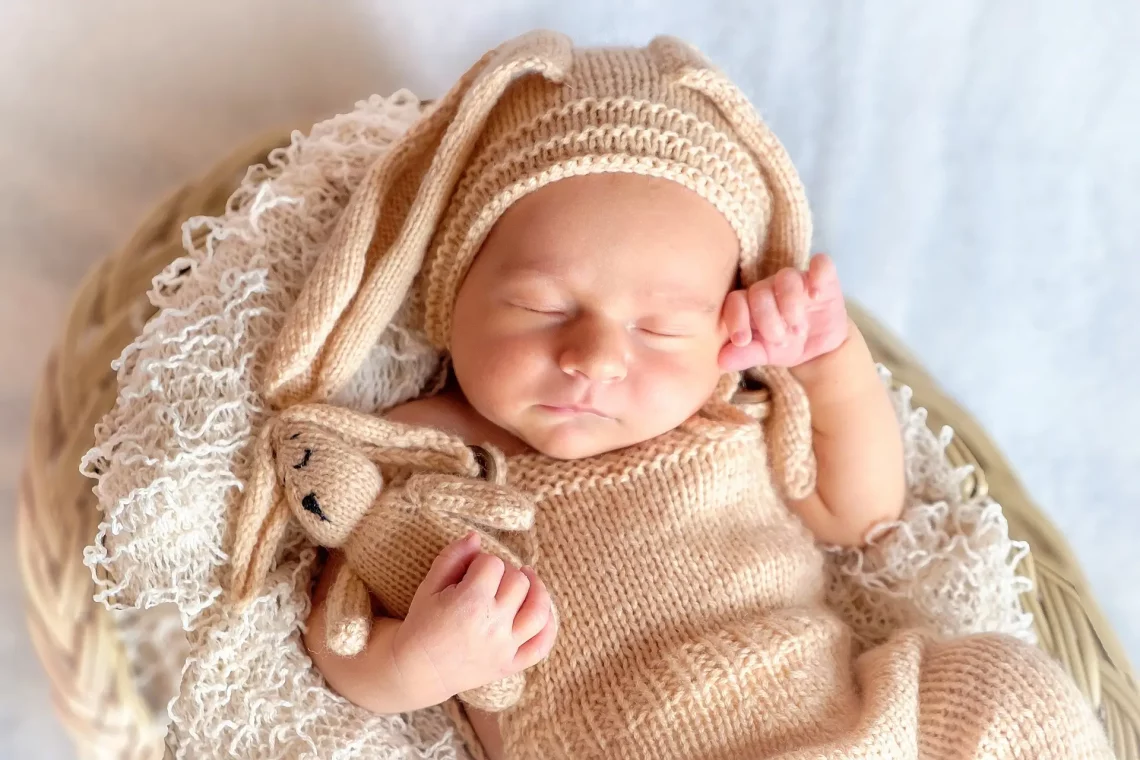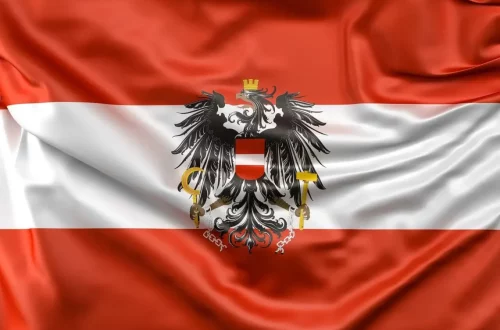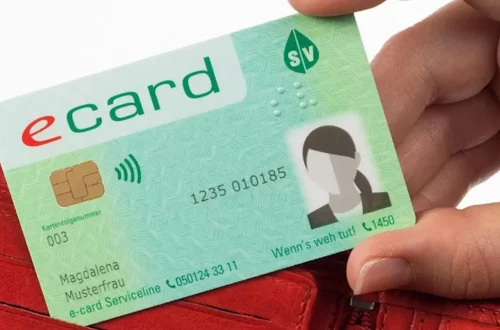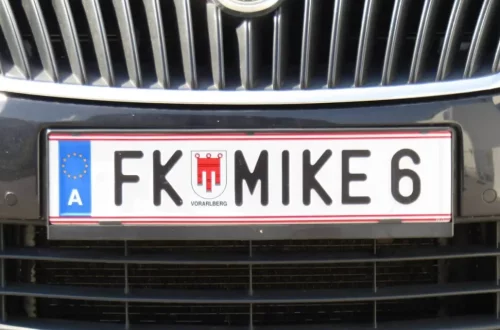
Austrian Child Benefit
The childcare allowance available to families living in Austria, known as Kinderbetreuungsgeld (KBG – also referred to as Austrian GYES by Hungarians), provides significant support to parents during their child’s first years. This benefit can be accessed in various forms, adapting to the needs and life situations of families. Below, we will detail the Kinderbetreuungsgeld system, its conditions, and application methods.
What is Childcare Allowance?
Kinderbetreuungsgeld is a support provided by Austrian social security that parents can claim after the birth of a child. The purpose of the support is to provide financial security to parents during the child-rearing period and to enable one parent to stay home with the child while ensuring livelihood.
One of the unique features of the Austrian child benefit system is its flexibility in adapting to parents’ needs. The duration and amount of support can be chosen in various ways, allowing every family to select the solution that best suits their individual situation.
Types of Childcare Allowance
You can choose between two main types of Austrian child care allowance:
1. Lump-sum Child Care Allowance (Flat-rate Child Care Benefit):
Note: In this case, the text remains the same as it appears to be already in standard English terminology, which is appropriate for UK English.This option provides a fixed daily support amount, which depends on the duration chosen by the parent.
The care can be used for a minimum of 365 days and a maximum of 851 days if only one parent stays at home. If the parents share it, the duration can be extended up to 1,063 days.
Note: The text appears to already be in UK English, so no translation was necessary.The amount ranges from £15.38 to £35.85 per day.
2. Income-Dependent Childcare Allowance (Income-Dependent Childcare Benefit):
This option provides 80% of the parent’s previous year’s income, up to a maximum of 2,000 euros per month.
Note: The text appears to already be in UK English, so no translation was necessary.The benefit is available for up to 365 days (if claimed by one parent) or 426 days (if shared by both parents).
This option is particularly favourable for those who previously had higher incomes and are planning to stay at home for a shorter period.
Who is Eligible for Childcare Allowance?
The conditions for claiming child care benefit are as follows:
Residence in Austria and Social Security Status: Parents must have a registered address in Austria.
Note: Since the text is already in English and appears to be a UK-style description, no translation was necessary.At least one parent must have an Austrian social insurance relationship.
Note: The text remains the same as the original, as it is already in UK English.Family Allowance Eligibility: Parents must be eligible for Austrian family allowance (Familienbeihilfe).
(Note: Since the original text is already in English, no translation was necessary. The block remains exactly the same.)Income Limit: For the flat-rate childcare benefit, the parent’s annual income must not exceed £16,200.
In the case of income-dependent support, there is no separate income limit, but the amount of support depends on previous income.
Note: Since the text was already in UK English, no translation was necessary.Child’s Age: The care can be requested from the child’s birth and can be provided until the child is three years old, depending on the chosen duration.
Note: In this case, the text was already in English, so no translation was necessary.How to Share Childcare Allowance?
A special feature of Childcare Allowance is that parents can share it between themselves. This means that one parent can spend a certain period at home with the child, and then the other parent can take over the care period. The advantage is that both parents can participate in the child’s first years while receiving financial support for the family.
Austrian regulations encourage sharing by offering extra support, called the Partnership Bonus, when parents share childcare responsibilities. This amount totals 1,000 euros, which parents receive equally if they divide the care period at least 40-60% between them.
Note: The text appears to already be in UK English, so no translation was necessary.How to Apply for Childcare Allowance?
The application must be submitted to the locally responsible health insurance provider. The following documents are required for the application:
- Child’s birth certificate.
- Parents’ marriage certificate or paternity declaration.
- Decision on family allowance eligibility.
- Proof of residence for parents and child.
- Parents’ social security certificates.
How long does it take to process the claim?
The processing time for the application is usually a few weeks, but this may vary depending on the specific regions and the completeness of the submitted documents. You can inquire about the status of the application from the responsible health insurance provider.
Note: Since the original text was already in UK English, no translation was necessary.What to Watch Out for During the Application Process
Timing: It is advisable to submit the application as soon as possible after the child’s birth to avoid any gaps in benefits.
(Note: The text appears to already be in UK English, so no translation was necessary.)Document Accuracy: All necessary documents must be submitted precisely and comprehensively, as incomplete documentation may delay the review of the application.
Partnership Bonus: If parents share childcare, it’s worth planning the periods in advance to be eligible for extra support.
What happens when the childcare benefit period expires?
After the expiration of the child care allowance period, parents can choose from several options:
Extension of Childcare Leave: Under certain conditions, it is possible to extend childcare leave, although this no longer comes with financial support.
(Note: The text appears to already be in UK English, so no translation was necessary.)Return to Work: Austrian laws protect parents’ right to return to work. Parents are entitled to part-time employment if the child has not yet reached school age.
Other support options: The Austrian family policy system offers additional support, such as family allowances or tax deductions.



